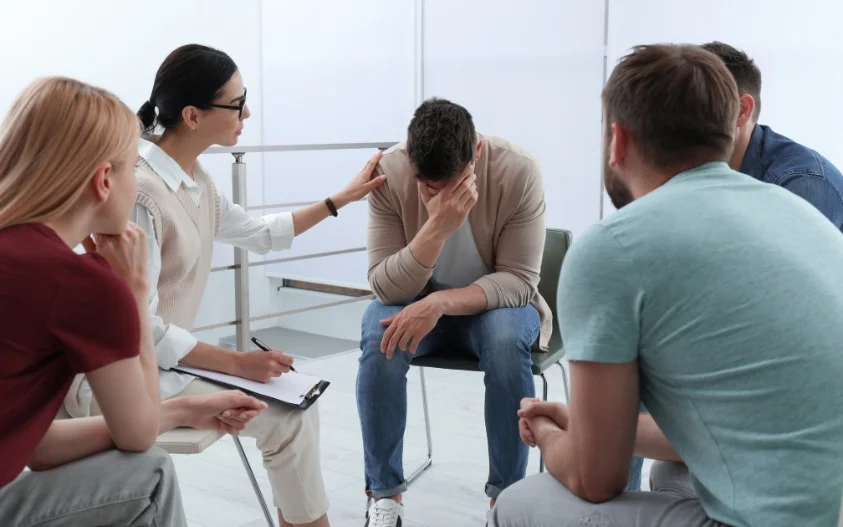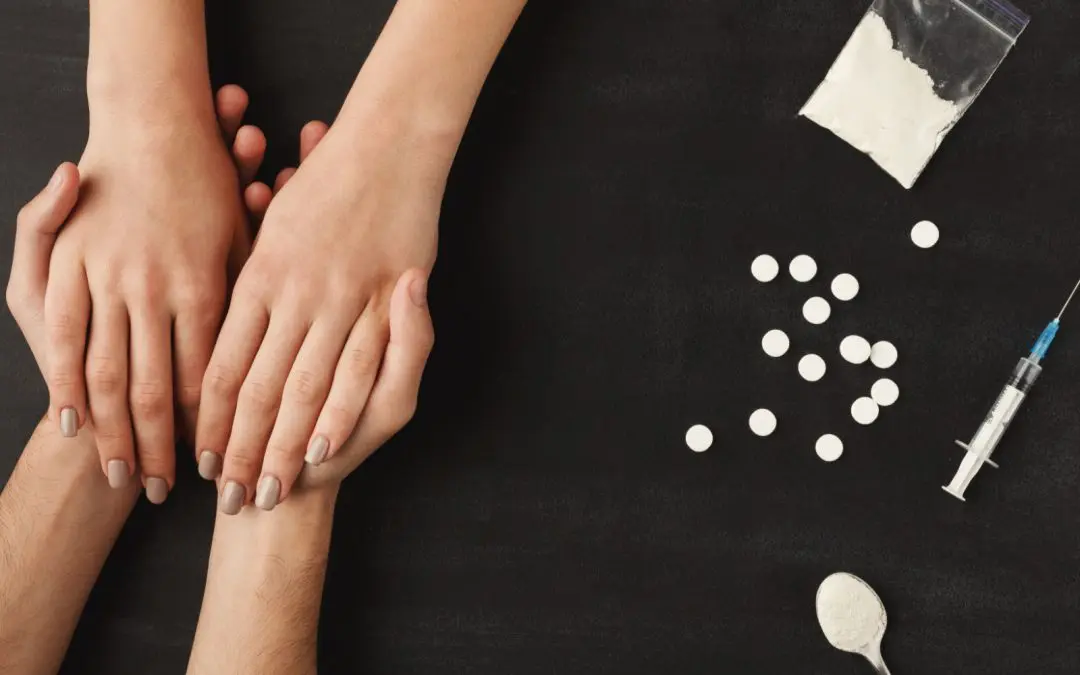24/7 Helpline:
(866) 899-111424/7 Helpline:
(866) 899-1114
Learn more about Inpatient Rehab centers in Richland
Inpatient Rehab in Other Cities









First Step Community Counseling Services
First Step Community Counseling Services is a private rehab located in Kennewick, Washington. First ...

Action Counseling
Action Counseling is a private rehab located in Kennewick, WA. Action Counseling specializes in the ...

MERIT Resource Services
MERIT Resource Services provides quality outpatient alcohol drug counseling services. MERIT Resource...




































Advocates for Wellness
Advocates for Wellness is a private rehab located in Kennewick, Washington. Advocates for Wellness s...

Ideal Balance
Ideal Balance is a private rehab located in Kennewick, Washington. Ideal Balance specializes in the ...


















Other Insurance Options

EmblemHealth
Beacon

Sutter

United Health Care

PHCS Network

Ambetter

Cigna

Excellus

MHNNet Behavioral Health

BlueCross

Highmark

Optum

Choice Care Network

Amerigroup

Sliding scale payment assistance

Health Choice

Health Net

Magellan

Magellan Health

Coventry Health Care